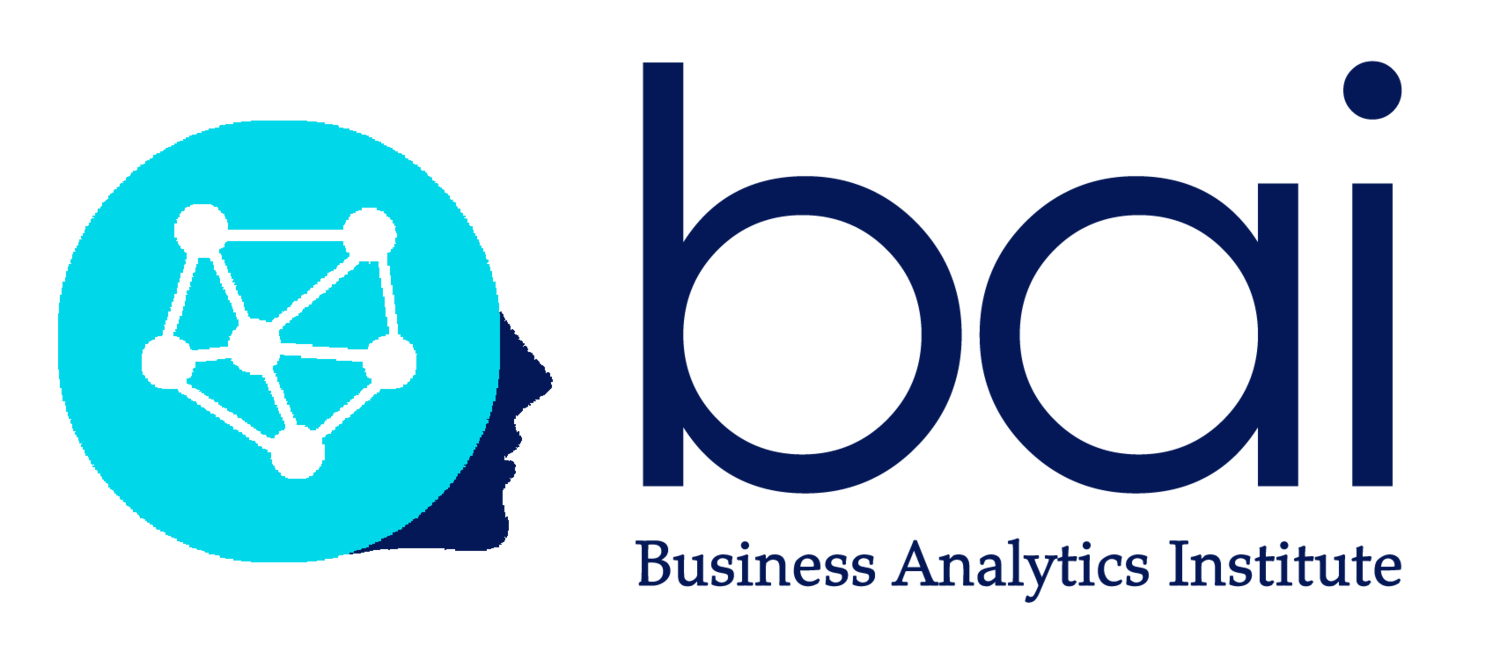The Business Analytics Institute offers a wide range of training, coaching and consulting services to help management improve their ability to take tough decisions.
Business Analytics Institute
Contextual Space: AI's Next Frontier
Executive Workshop on Context-Aware Artificial Intelligence
Workshop Overview
This intensive three-day executive workshop explores the paradigm shift from traditional AI to contextual intelligence, focusing on how organizations can harness social, economic, and physical spaces to empower AI agents across communications, transportation, and manufacturing.
5
dimensions of contextual space
3
intensive days of strategic transformation
90
day implementation roadmap
8
key components of contextual AI
Business Imperative
"Contextual AI represents the next frontier of artificial intelligence, empowering AI agents in fields ranging from communications to transportation to manufacturing."
Unlike traditional AI systems that operate solely on descriptive or predictive analytics, contextual AI systems prioritize the interpretation of situational spaces in which decisions are taken. By leveraging techniques such as natural language processing, deep learning, and agent-based modeling, these systems explore the subtleties of human perception, behavior, and interaction.
What Sets Contextual AI Apart
- ✓ Understanding of internal vs. external existence for priority input processing
- ✓ Integration of social, spatial, temporal, infrastructural, and task dimensions
- ✓ Real-time adaptation to changing environmental contexts
Target Audience
Senior executives, department heads, and strategic leaders responsible for:
Strategic Leadership
- AI strategy development and implementation
- Digital transformation initiatives
- Technology investment decisions
- Organizational change management
Operational Excellence
- Production and manufacturing optimization
- Customer experience enhancement
- Supply chain and logistics innovation
- Human-machine collaboration frameworks
Learning Objectives
By the end of this workshop, participants will:
Contextual Space Mastery
Understand the five dimensions of contextual space and how to measure and leverage them for AI applications
In-Context Learning
Implement techniques for zero-shot, few-shot learning, fine-tuning, RAG, and adaptive AI systems
Multi-Modal Integration
Design systems that combine vision, audio, text, and sensor data for comprehensive contextual understanding
Human-AI Collaboration
Establish frameworks for seamless human-machine interaction and collaborative intelligence
Bias and Fairness
Address ethical concerns and implement transparency mechanisms in contextual AI systems
Strategic Implementation
Develop actionable roadmaps for deploying contextual AI across your organization
Three-Day Agenda
Day 1: Foundation & Natural Language Processing
Understanding Contextual Space Architecture
- The journey from AI to contextual intelligence: machine learning, deep learning, and machine agency
- Five dimensions of contextual space: social, spatial, temporal, infrastructural, and task contexts
- Natural language processing in contextual AI: noun phrases, n-grams, and semantic understanding
- In-context learning fundamentals: zero-shot, few-shot, and transfer learning approaches
- Case study: Communication systems and misinformation mitigation using tensors and multidimensional data
- Hands-on workshop: Assessing your organization's contextual readiness
Day 2: Computer Vision & Decision Systems
Implementation Strategies and Applications
- Computer vision and contextual understanding: object detection, scene comprehension, and environmental factors
- Decision-making systems: predictive analytics, historical context, and real-time adaptation
- Key components deep dive: knowledge representation, machine learning algorithms, multi-modal sensing
- Foundation models and human-machine interaction: collaborative intelligence frameworks
- Case studies: Smart grid production systems and autonomous transportation networks
- Workshop: Designing contextual AI architectures for your industry
Day 3: Governance, Ethics & Strategic Implementation
Regulatory Compliance and Future Roadmap
- Ongoing challenges: data privacy, bias mitigation, interpretability, and accountability frameworks
- Regulatory landscape: GDPR, CCPA, EU AI Act, and industry-specific compliance requirements
- Technical proficiency roadmap: programming, NLP/NLU, machine learning, and reinforcement learning
- Building organizational capability: systems theory, critical thinking, and practical project development
- Advanced applications: robotics, exoskeletons, autonomous vehicles, and swarm intelligence
- Strategic planning workshop: Creating your 90-day contextual AI implementation plan
Expected Outcomes
"The bottom line is that the business value of AI comes from its ability to learn from the context of a given use case"
Immediate Impact
- Clear assessment of organizational contextual AI readiness
- Identification of priority implementation areas
- Framework for bias detection and mitigation
- Governance structures for responsible AI deployment
Long-term Value
- Sustainable competitive advantage through contextual intelligence
- Enhanced decision-making across all business functions
- Improved customer experiences through personalization
- Operational efficiency gains in production and logistics
✓
Thank You!
Your registration has been successfully submitted. We appreciate your interest in our Contextual Space workshop.
You will receive detailed information about the workshop via email shortly.
Redirecting in 7 seconds...
Register for Contextual Space Workshop
Investment Justification
Organizations that master contextual AI gain the ability to understand and respond to the nuanced environments in which they operate, creating unprecedented opportunities for innovation and competitive advantage.
This workshop represents a strategic investment in your organization's AI future, providing the foundational knowledge and practical frameworks needed to succeed in the contextual intelligence era.
